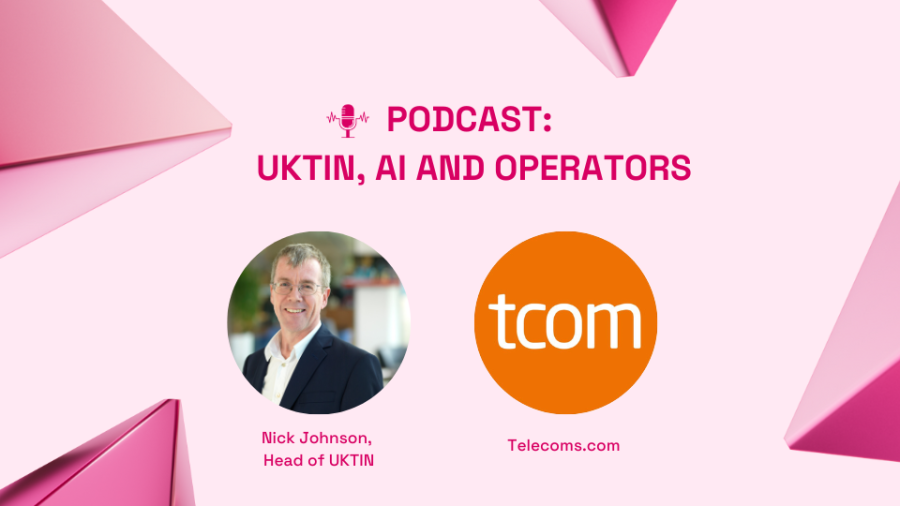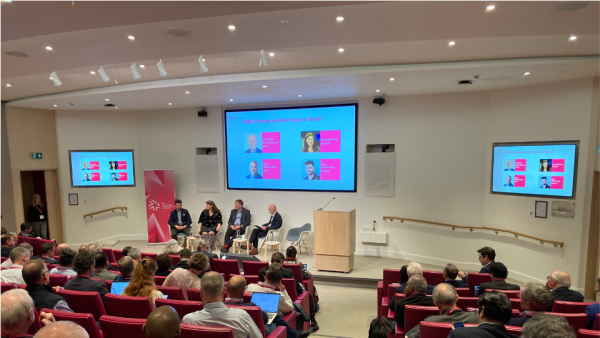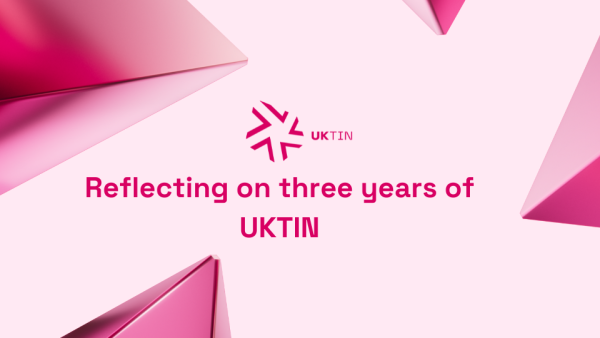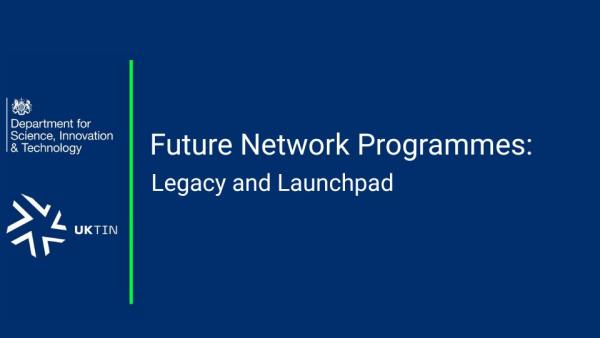
The Telecoms.com podcast welcomed Nick Johnson, Head of UKTIN, as a special guest this week. They started by exploring what UKTIN is all about and what role the state should play in assisting domestic industry, before moving on to discuss the UK’s recent big get-together to discuss the pros and cons of artificial intelligence, and concluding with a roundup of some recent operator news.
In case you missed it, here are a few highlights from the conversation:
Covering mergers and acquisitions in the industry, the team delved into whether it matters if British organisations are owned by other companies. Nick shared that this topic is actually a core part of UKTIN’s story:
“UKTIN isn’t trying to create the next ARM. We just started a stream of activity called the Standards Working Group – one of the consequences of ownership going abroad is that all the IP that’s embedded in those companies ends up somewhere else. And therefore, the rights to use those products belong somewhere else. But if you license your tech into a standard, it becomes a standards essential so anyone can license the IP to build a product. But it’s a fragile agreement that we’re relying on. It’s hard to navigate and smaller companies have become a bit gun shy of the conversation. The end result is that no one owns anything in the UK. So, we’re trying to educate and prove the value of having a standards pack that you own.”
The conversation turned to the engagement UKTIN has with big telco and the benefit of home-grown alternatives, Open RAN and so forth, with Nick sharing recent insights from Fyuz:
“Open RAN is now being said to be cheaper and easier to maintain than closed RAN kit. Previously, Open RAN were islands of interoperability and they weren’t thought to be up to the mark for what the majors could provide. But now, it’s being talked about as ready for prime time.”
The team then dived into how, exactly, operators can get involved with smaller companies and in driving the next generation. Nick said:
“The most obvious way is through open network funding vehicles - many consortiums will have an operator involved. UKTIN has an advisory board and expert working groups with operator representation to encourage diversification, resilience and innovation using small businesses as the driver. One of the things that is crucial is working with experts around the industry to set the roadmap for next generation networks, as well as thinking about what we can do to improve today’s networks by working with operators. How can we innovate with new materials to make networks cheaper to run and cheaper to maintain?”
Finally, the team discussed a few other elements of the UKTIN programme including encouraging adoption, building the skills we need in the UK, and helping organisations get started in the industry though its Supplier Specialist Guidance service.
Listen to the full podcast here.









